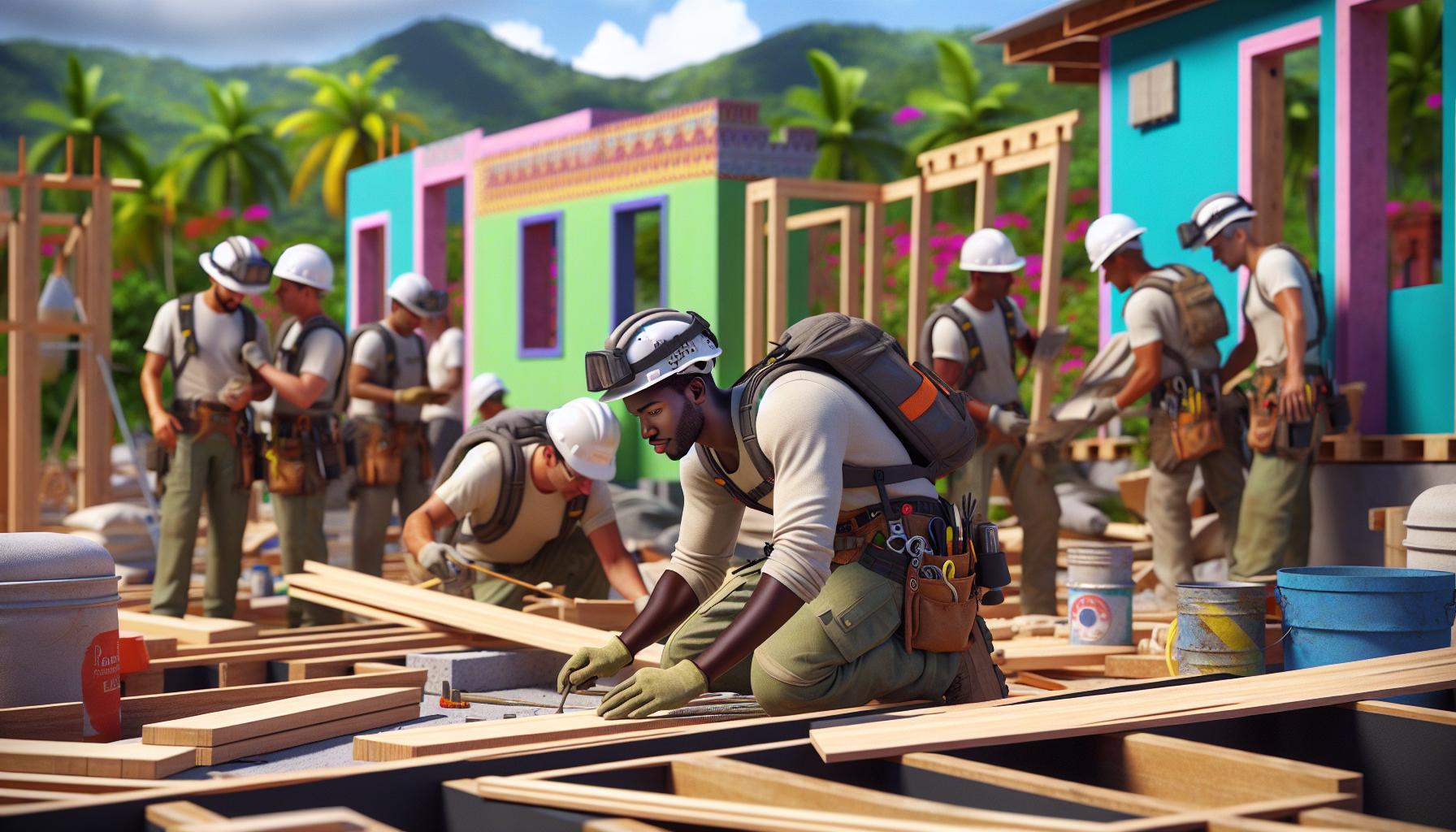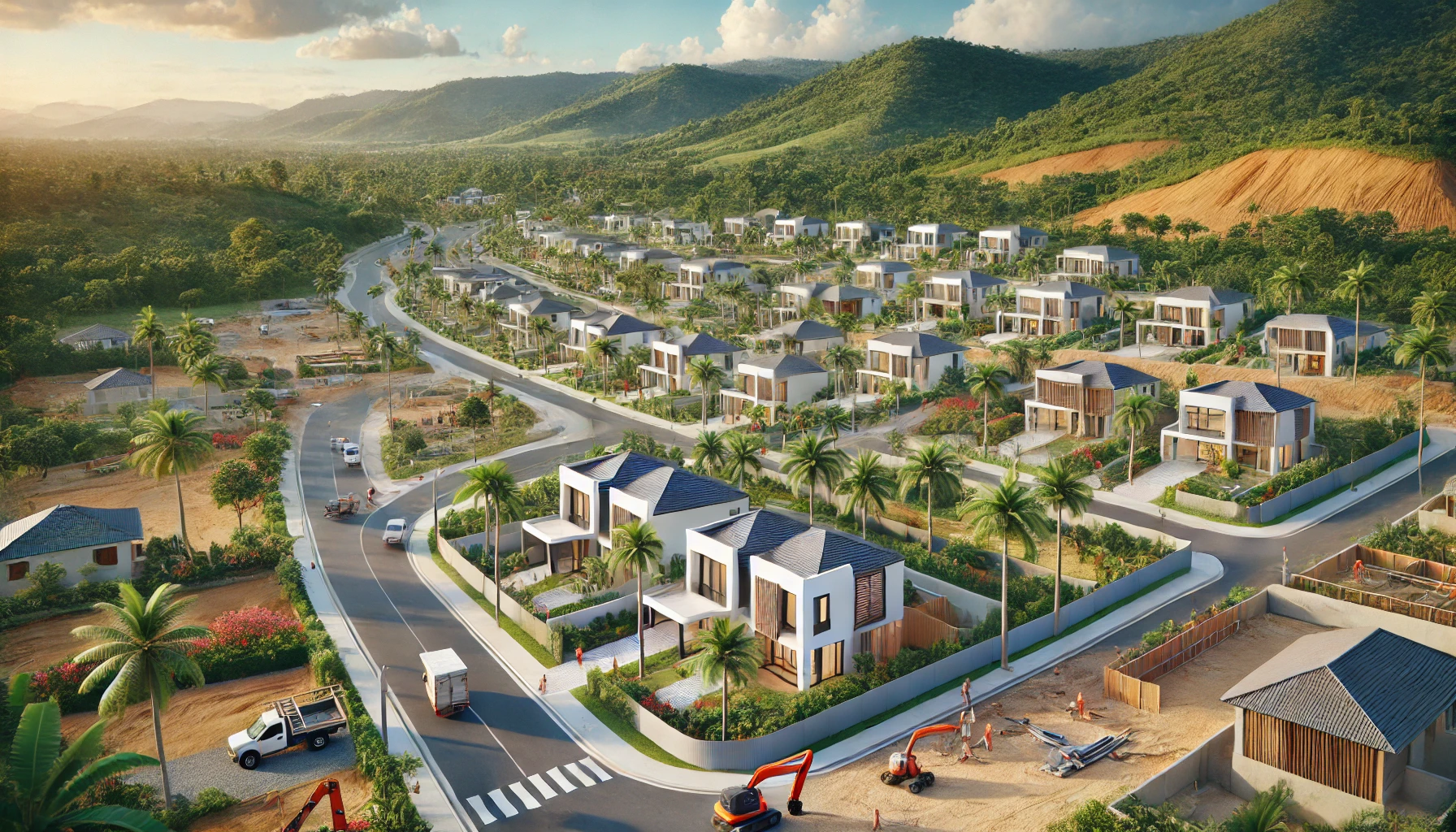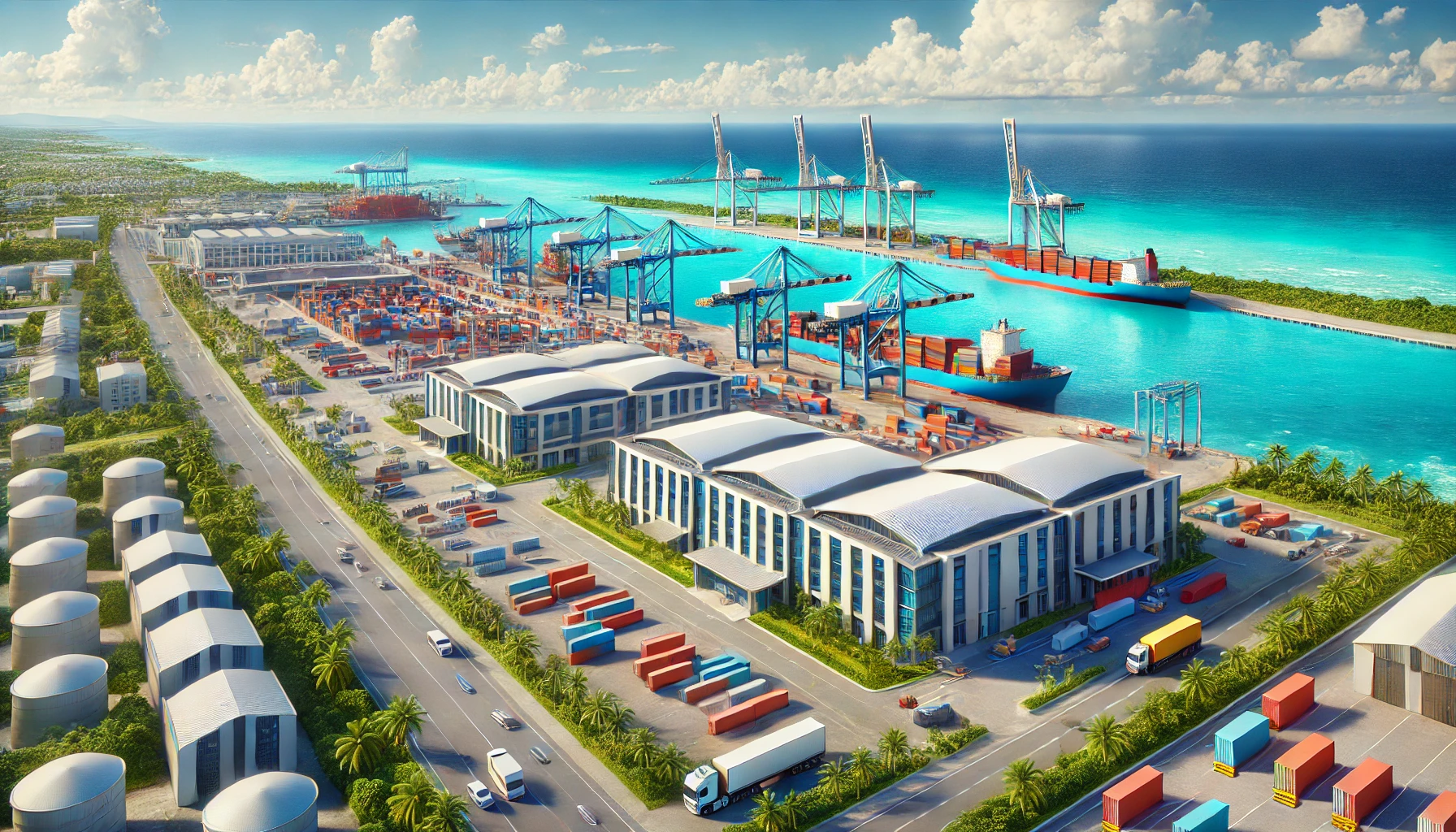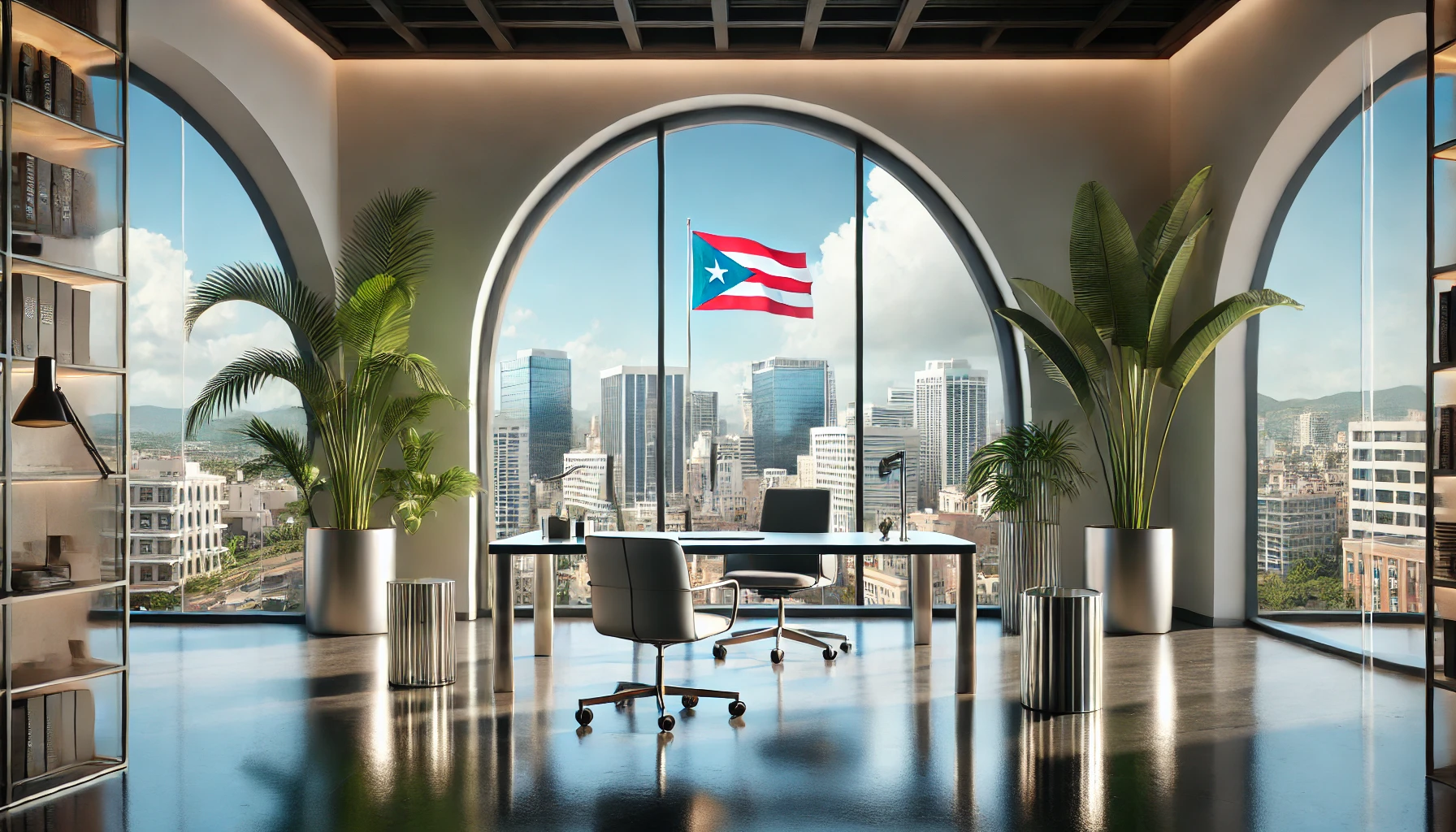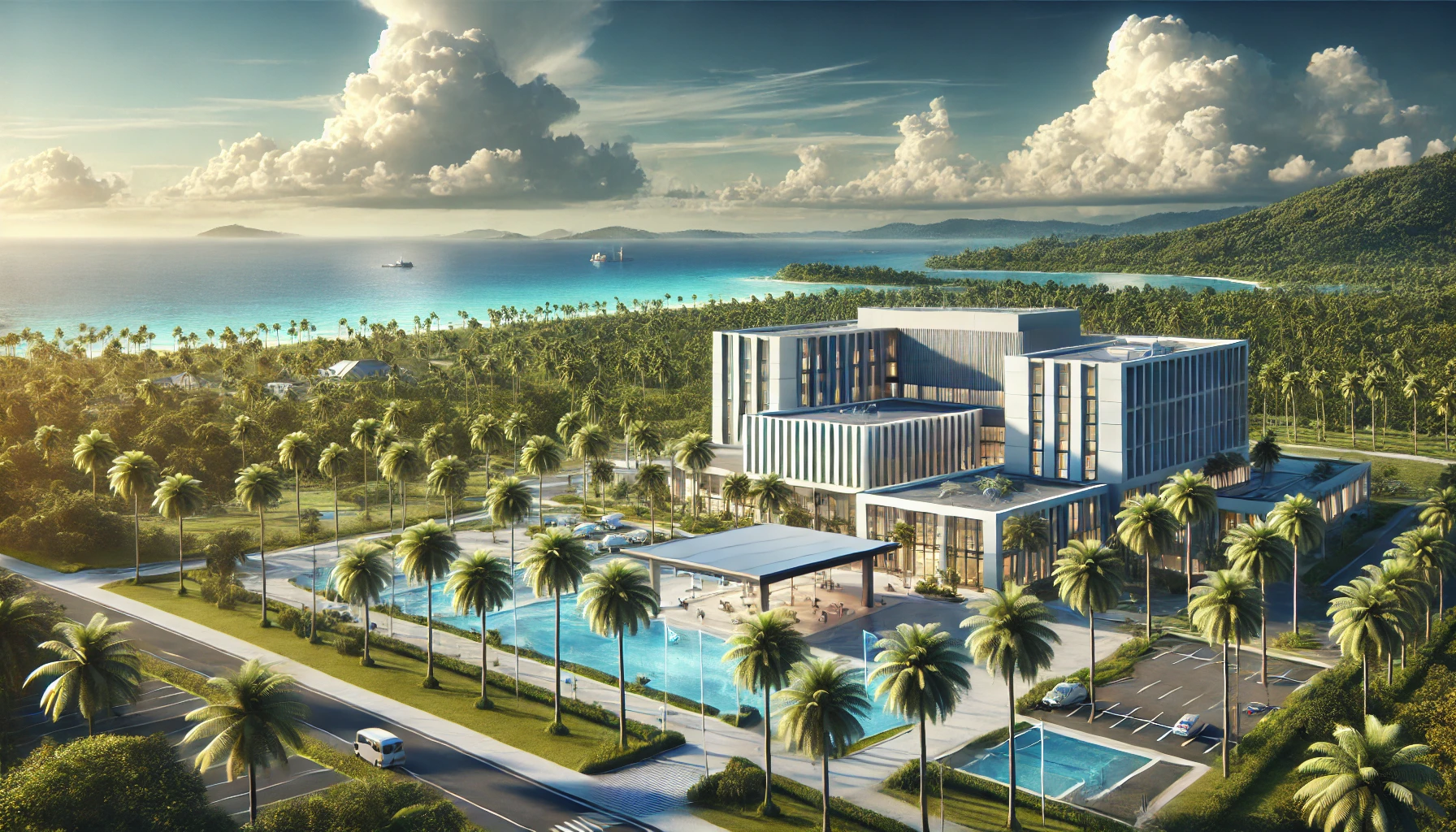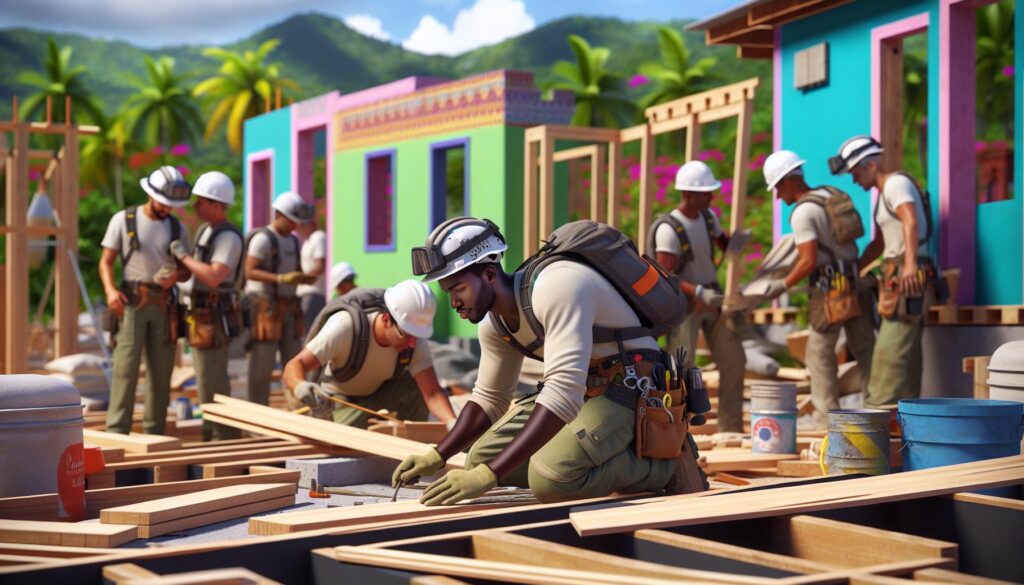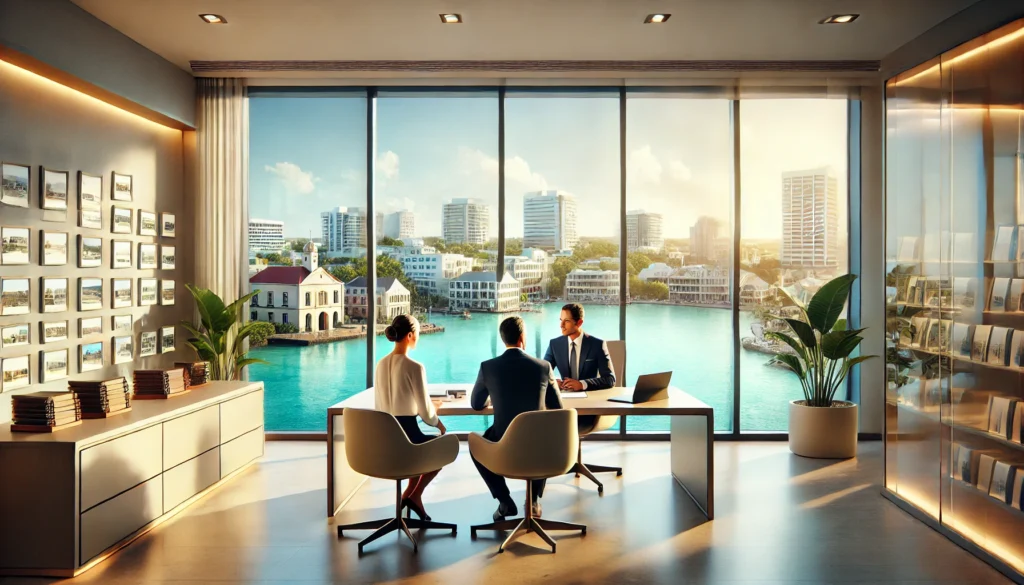Economic Overview
Haiti’s economy is in a state of turmoil, primarily due to ongoing political instability and widespread violence. The country’s GDP has stagnated, with limited growth prospects in the near term. Despite its strategic location in the Caribbean, Haiti’s economic potential remains largely untapped due to the severe challenges it faces.
Tourism and Lifestyle
Tourism, which once held promise as a significant contributor to Haiti’s economy, has dwindled drastically. The country’s beautiful beaches, historic sites, and vibrant culture are overshadowed by safety concerns. Popular destinations such as Labadee and Jacmel see far fewer visitors due to the perception of risk and actual instances of violence. The decline in tourism has further strained the economy, reducing opportunities for growth in this sector.
Real Estate Opportunities
The real estate market in Haiti is currently uninvestable due to the high levels of risk associated with the country’s instability. Potential investors face numerous challenges, including:
- Safety Concerns: The prevalence of gang violence and kidnappings creates a dangerous environment for both locals and foreigners.
- Political Instability: Frequent changes in government, protests, and political unrest contribute to an unpredictable investment climate.
- Economic Hardship: High unemployment rates, inflation, and a weak infrastructure further deter investment.
- Legal and Regulatory Challenges: Weak property rights and a lack of regulatory transparency make real estate transactions risky and complicated.
Haiti: A Nation in Crisis
Haiti, located on the western part of the island of Hispaniola, is experiencing a severe crisis that affects all aspects of life. The capital, Port-au-Prince, and other major cities are plagued by violence and instability.
Cities and Towns in Haiti
Port-au-Prince
Port-au-Prince, the capital city of Haiti, is the epicenter of the country’s ongoing crisis, marked by widespread violence, political instability, and economic hardship. Once a bustling urban center, the city now grapples with severe challenges that impact daily life and the overall security of its residents.
Cap-Haïtien
Known for its historic sites and colonial architecture, Cap-Haïtien faces significant issues of safety and economic hardship. The city’s rich cultural heritage contrasts sharply with the current struggles of violence and instability that affect its inhabitants and hinder development.
Jacmel
Once a vibrant tourist destination renowned for its arts and crafts, Jacmel’s tourism industry has been severely affected by Haiti’s instability. The city’s charm and potential for cultural tourism are overshadowed by the challenges of safety and economic decline.
Gonaïves
Gonaïves, like other cities in Haiti, is struggling with violence and economic difficulties. Despite its historical significance and resilient community, the city’s development is hampered by the pervasive issues of insecurity and financial instability.
How to Start a Company in Haiti
Starting a company in Haiti under the current conditions is fraught with challenges. The risks associated with safety, political instability, and economic volatility are significant.
- Types of Companies: Investors face difficulties in establishing businesses due to the unpredictable environment.
- Incentives: While the government may offer incentives, the overall risk outweighs potential benefits.
- Ease of Doing Business: The business environment is extremely challenging, with numerous bureaucratic and safety hurdles.
Financial Markets and Stocks in Haiti
Haiti’s financial sector is underdeveloped and impacted by the country’s broader economic challenges. The local stock exchange is small and lacks liquidity, further deterring investment.
Haiti’s Currency: The Haitian Gourde
The official currency of Haiti is the Haitian Gourde (HTG). The exchange rate is highly volatile, reflecting the broader economic instability.
Industry in Haiti
Various industries in Haiti, including agriculture and manufacturing, are struggling due to the ongoing crisis. These sectors face significant challenges, limiting opportunities for real estate development.
- Agriculture: While agriculture is a critical part of the economy, it suffers from poor infrastructure and instability.
- Manufacturing: The manufacturing sector is limited and impacted by the overall economic and political climate.
- Tourism: Once a promising sector, tourism has dramatically declined due to safety concerns.
Tax Advantages in Haiti
Haiti offers limited tax advantages for investors, with the broader risks overshadowing any potential benefits.
Cryptocurrency in Haiti
The adoption of cryptocurrency in Haiti is minimal, with limited regulatory framework and infrastructure to support its growth.
Buying Real Estate in Haiti
The current environment in Haiti makes real estate investment highly risky and largely unfeasible.
- Safety Concerns: The primary deterrent for real estate investment is the severe safety issues.
- Political Instability: Frequent unrest and changes in government create an unpredictable market.
- Economic Hardship: Economic conditions are unfavorable for real estate investment.
- Legal Challenges: Weak property rights and a lack of regulatory transparency further complicate real estate transactions.
Private Equity in Haiti
Private equity opportunities in Haiti are extremely limited due to the high level of risk associated with the country’s instability.
Should You Invest in Haiti?
Given the current conditions, investing in Haiti is highly risky. The combination of political instability, rampant violence, and economic hardship creates an environment that is not conducive to investment.
-
- High Risk: The significant safety and political risks outweigh potential investment returns.
- Unfavorable Market Conditions: The economic and regulatory environment is not supportive of investment.
- Limited Growth Prospects: The overall outlook for growth in Haiti is bleak under current conditions.

